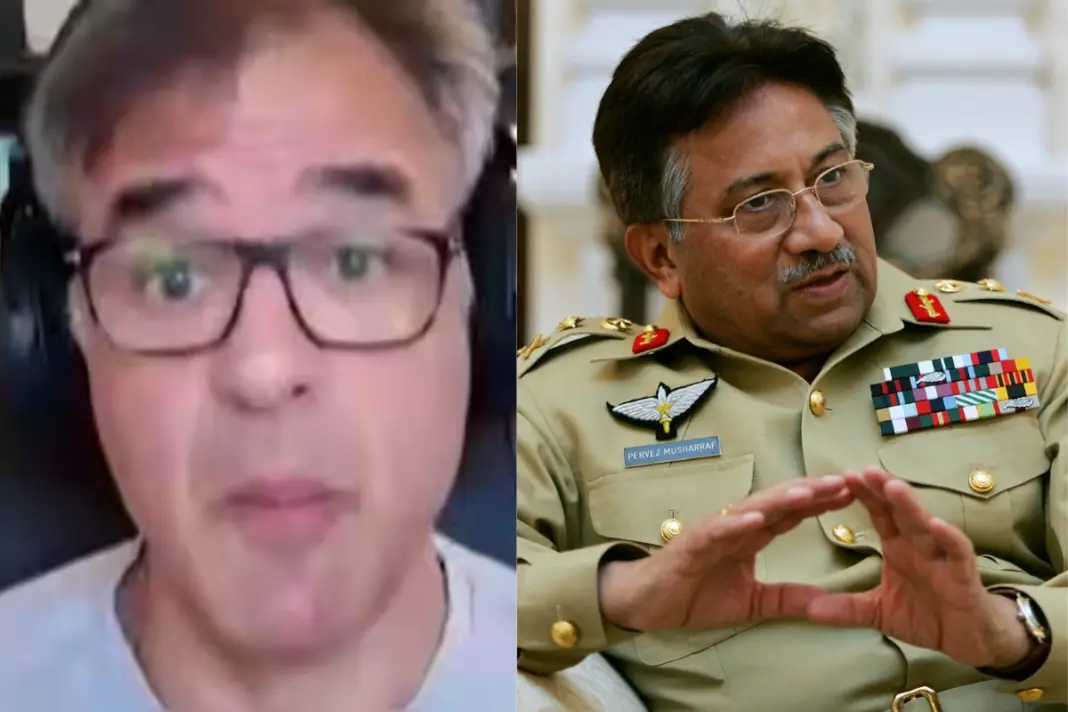New Delhi, October 25, 2025 – In a striking statement that has sparked strategic debate between India and Pakistan, former CIA officer John Kiriakou said he believes Pakistan would lose any conventional conflict with India. He also revealed what he characterized as an unofficial truth: the U.S. government exercised substantial control over Pakistan’s nuclear weapons.
Kiriakou, who served 15 years as a CIA officer and led counter-terrorism operations in Pakistan, made the case:
“Nothing, literally nothing, good is going to come from an actual war with India and Pakistan because the Pakistanis will lose. … I’m not talking about the nuclear weapons – I’m just talking about a conventional war.”
His blunt assessment emphasizes an imbalance of conventional forces, as he perceives by suggesting the Pakistani military would not win in a traditional large-scale conflict with India.
U.S. Involvement in the Control of Nuclear Weapons in Pakistan
It was perhaps even more disturbing to hear Kiriakou make claims about the nuclear command structure:
While overseas in Pakistan in 2002, he divulged to me that the U.S. Pentagon controlled Pakistan’s nuclear arsenal, specifically expressing doubt that the U.S ever shared this information with India.
DON'T MISS
“I doubt the Americans ever told India that the control of Pakistani nukes also lies with the U.S. …”
The implication of this statement raises concerns surrounding the ability and willingness of the Pakistani nuclear command to operate on its own, suggesting a complicated U.S. involvement in a group that would trump necessary Pakistani autonomy anytime.
India’s Perspective: Nuclear Blackmail and Decision Making
At the same time, Kiriakou articulated the notion that India is inclined to retaliate against both terror attacks and nuclear blackmail from Pakistan. He observed that India will not abide nuclear blackmail, and provided the concept of actions such as the 2019 Balakot airstrike as forms of decisive action.
His statements indicate India’s more inceptive perspective on the situational complexity in regard to Pakistan’s military and nuclear characteristics.
Consequences for South Asia
Strategic communication: Kiriakou’s remarks provide insight beyond the military. They relay a message about power dynamics in the region and deterrent credibility; the statement alone exemplifies “regional stability.”
Nuclear command transparency: The assertion regarding U.S. control of those nuclear weapons could spark discourse in Islamabad, New Delhi, and Washington on nuclear governance and command.
Conventional war deterrents: The claim that Pakistan couldn’t win a conventional war solidifies India’s deterrent posture and questions Pakistan’s military strategy.
Caveats and hyper-scrutiny
While Kiriakou has experience in intelligence and counter-terrorism, his comments are still personal opinions. The Pakistani government could dispute or attempt to clarify the statements around nuclear control and the outcome of a conventional war. Analysts will probably scrutinize the war-gaming data, calling into question military budgets or alliances to substantiate such claims.



